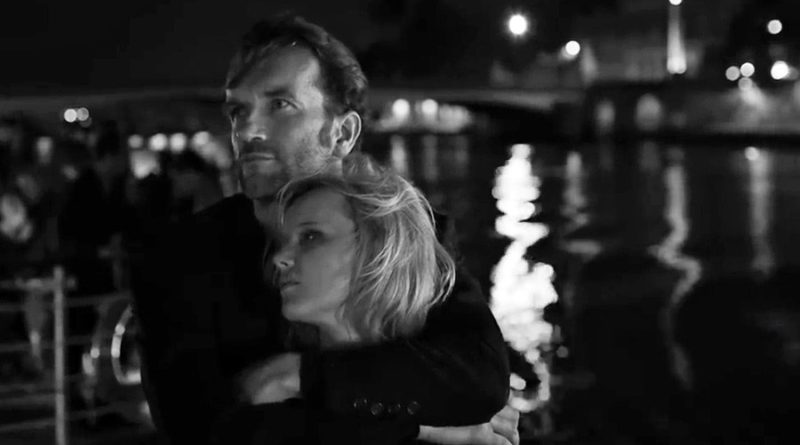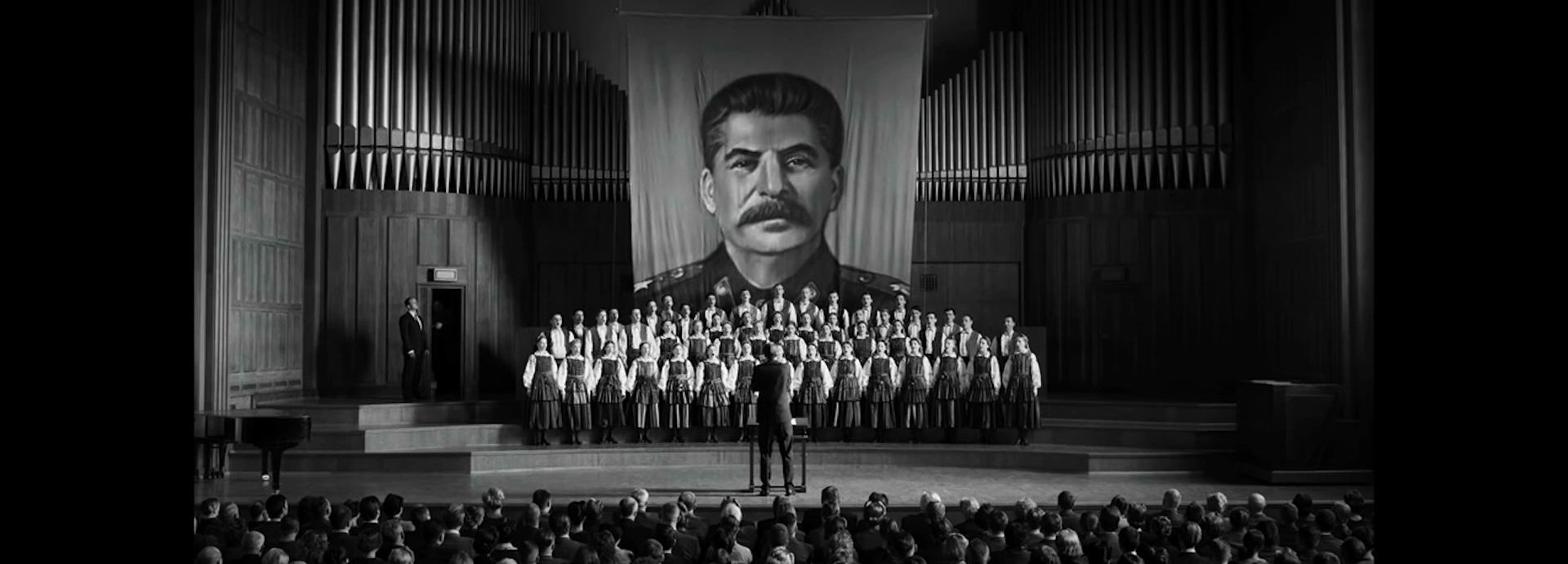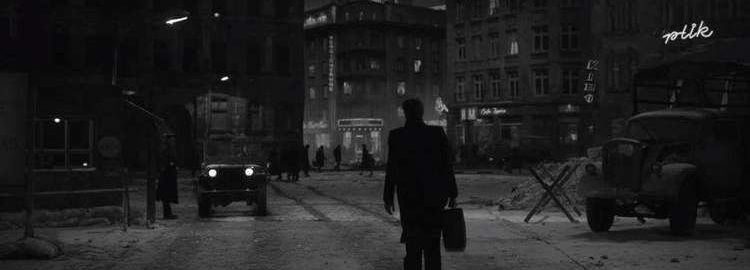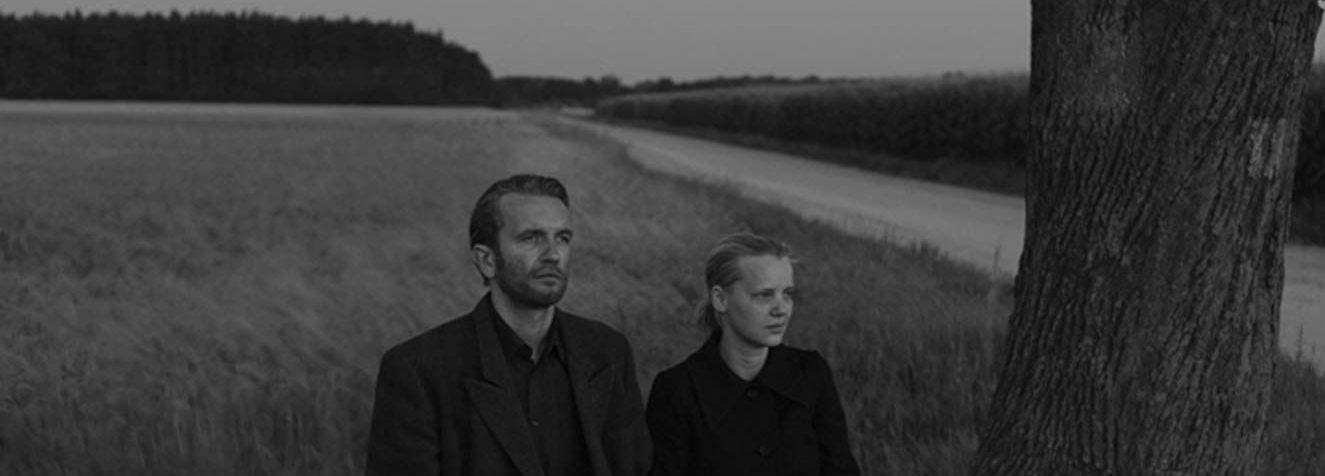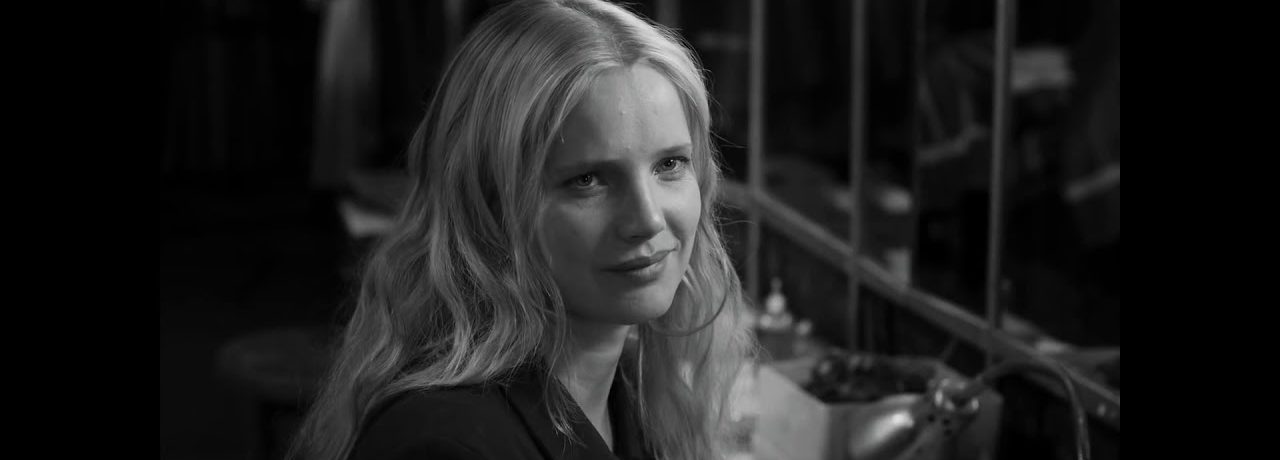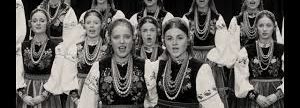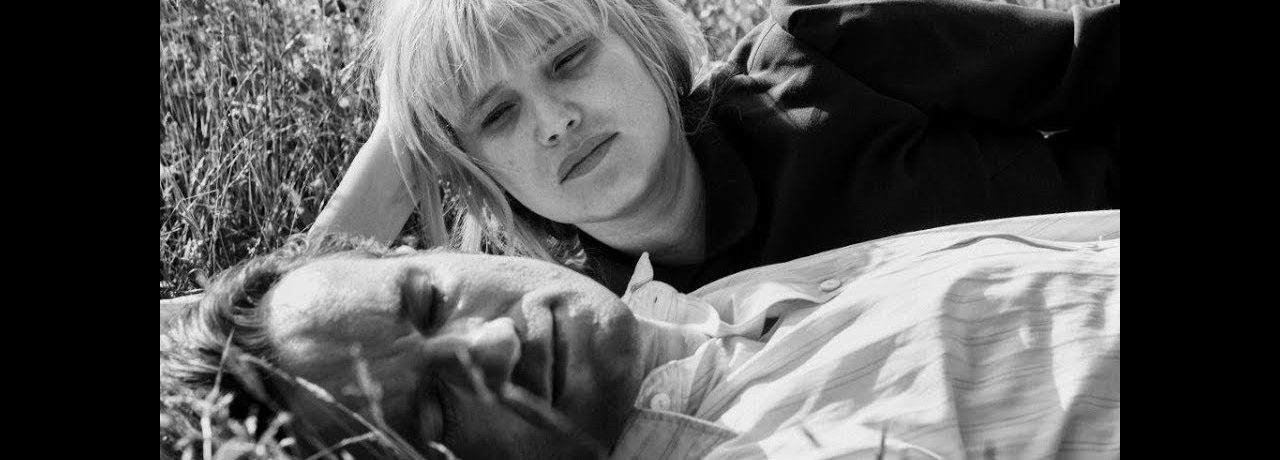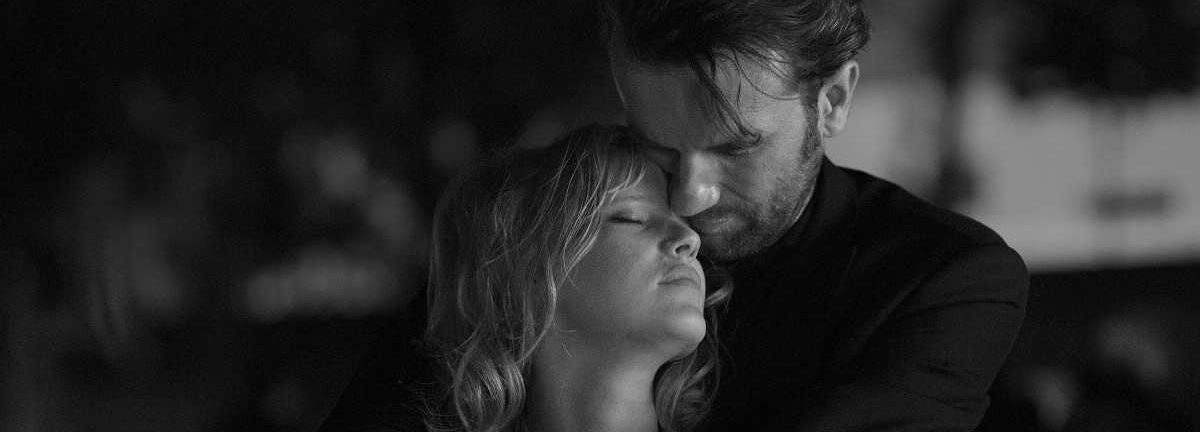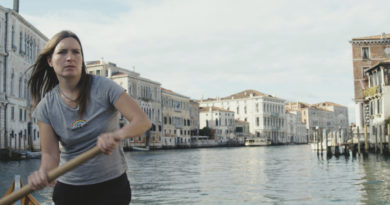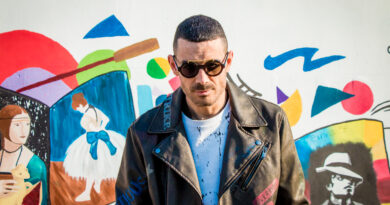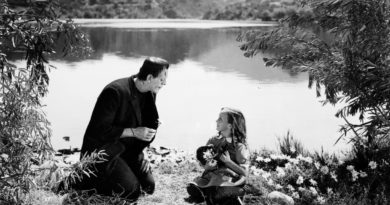Cold War: a movie about passion, music and Communist cultural ideology
Cold War is a heartbreaking love story that a musician and a singer live in a Europe divided ideologically and culturally.
With Cold War, Polish director Paweł Pawlikowski won the Best Director award at the last Cannes Film Festival edition and triumphed at the recent European Film Awards, where his movie was awarded Best Film, Pawlikowski Best Director and Screenwriter, Joanna Kulig Best Actress and Jaroslaw Kamiński Best Editor. Pawlikowski won an Oscar for Best Foreign Language Film in 2015 with Ida, and this year he is again nominated for an Oscar in the same category.
Wiktor (Tomasz Kot) is an unsatisfied Polish conductor, who accompanies an ensemble of folk choirs and dances. The musician dreams of fleeing to the West in order to give vent to his creativity without ideological constraints.
He falls in love with a charming and mysterious girl who is part of the ensemble, Zula (Joanna Kulig). The girl makes him forget about the sadness that grips his heart, because he cannot fully express his art. The two lovers travel with the ensemble around Central and Eastern Europe on tour, but during a concert in 1952 in East Berlin Wiktor makes the decision to cross the border, convinced that Zula will follow him. At the very last minute, the girl decides not to abandon his homeland. A few years later, Wiktor and Zula meet again in Paris, still overwhelmed by their passion. There the two lovers have the possibility to make acquaintance with intellectuals and artists and Wiktor plays jazz in a night club. With her melancholic and sweet voice, Zula has the potential to become a singer of international fame, but Heimweh slowly makes its way in her soul, so instead of a future full of successes and easy gains, she prefers to find her artistic path back in her country, led by Władysław Gomułka, who with his ‘thaw’ and his reforms makes the Polish citizens experience a process of liberalization, albeit only for a very short period of time.
Pawlikowski’s narrative does not reveal details of the two leading actors, much should be assumed by carefully observing their gazes, exalted by the choice of black and white. The story of the lovers’ couple follows an elliptical motion. Their relationship develops by alternating distance and passion, giving the story intimacy and epicness at the same time. The timeframe between the episodes of the story arc leaves room for imagination and reflection. Pawlikowski does not want to arouse easy emotions, as the choice of editing shows. The director allows the viewer to observe the fate of the protagonists only at a distance, arousing compassion rather than empathy. The Cold War in the background is represented with full knowledge of the facts, Pawlikowski succeeds in concealing a narrative complexity behind an artistic construction based only apparently on simplicity.
————————————————————————————————————————————-
This article originally appeared on InStoria.
Read other film reviews by Leila.

